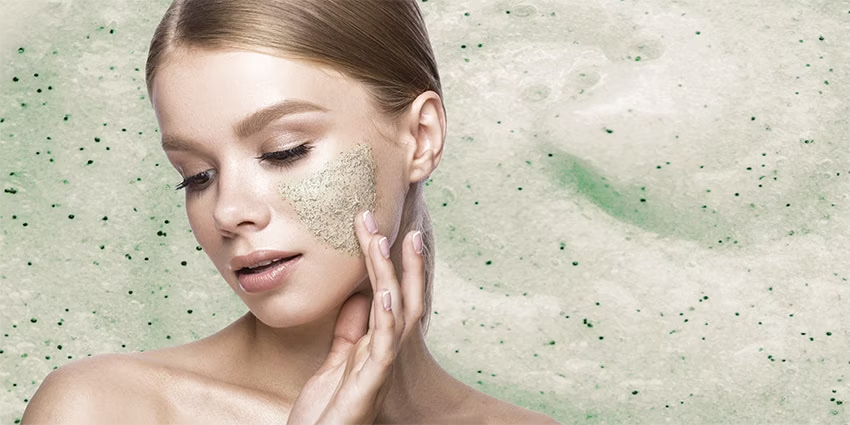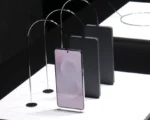Researchers have recently developed a biodegradable microbead made from a polymer, offering a promising solution to replace plastic exfoliants commonly used in skincare products. These new beads, which break down into sugar and amino acid-like substances, provide an eco-friendly alternative to the plastic microbeads that have raised environmental concerns in recent years. Published in Nature Chemical Engineering on December 6, the study highlights the potential of these polymer-based microbeads to deliver effective exfoliation results while being safer for the environment. Made from poly(β-amino ester), the microbeads have shown to provide the same benefits as plastic alternatives but without the long-lasting environmental impact.
Ana Jaklenec, a biomedical engineer at MIT, explained that this breakthrough could encourage the materials industry to explore more sustainable, non-microplastic alternatives. While the polymer is already utilized in medical applications like drug delivery, its use in skincare products marks an exciting new avenue for innovation. The success of these biodegradable microbeads may inspire further research into developing environmentally responsible ingredients for the cosmetic industry, which has been under increasing pressure to reduce its reliance on harmful plastics.
In terms of performance, the new microbeads have been put to the test using pig skin samples to evaluate their cleaning effectiveness. When mixed with soap foam, the polymer-based beads were able to remove 74% of permanent marker ink after just 50 wipes, outperforming soap foam alone, which only removed 38%. Additionally, the beads were highly efficient at removing eyeliner, clearing twice as much as regular soap. These results demonstrate that the biodegradable microbeads can effectively replace plastic alternatives without compromising on cleaning power.
Another key advantage of the new polymer microbeads is their biodegradability. Degradation tests revealed that more than 94% of the polymer broke down into harmless sugar-like and amino acid-like molecules within two hours when exposed to boiling water. This rapid breakdown process makes the beads an ideal choice for use in personal care products, ensuring that they won’t contribute to long-term pollution in water systems or ecosystems. The successful development of these biodegradable microbeads represents a step forward in making the beauty and personal care industry more sustainable.










